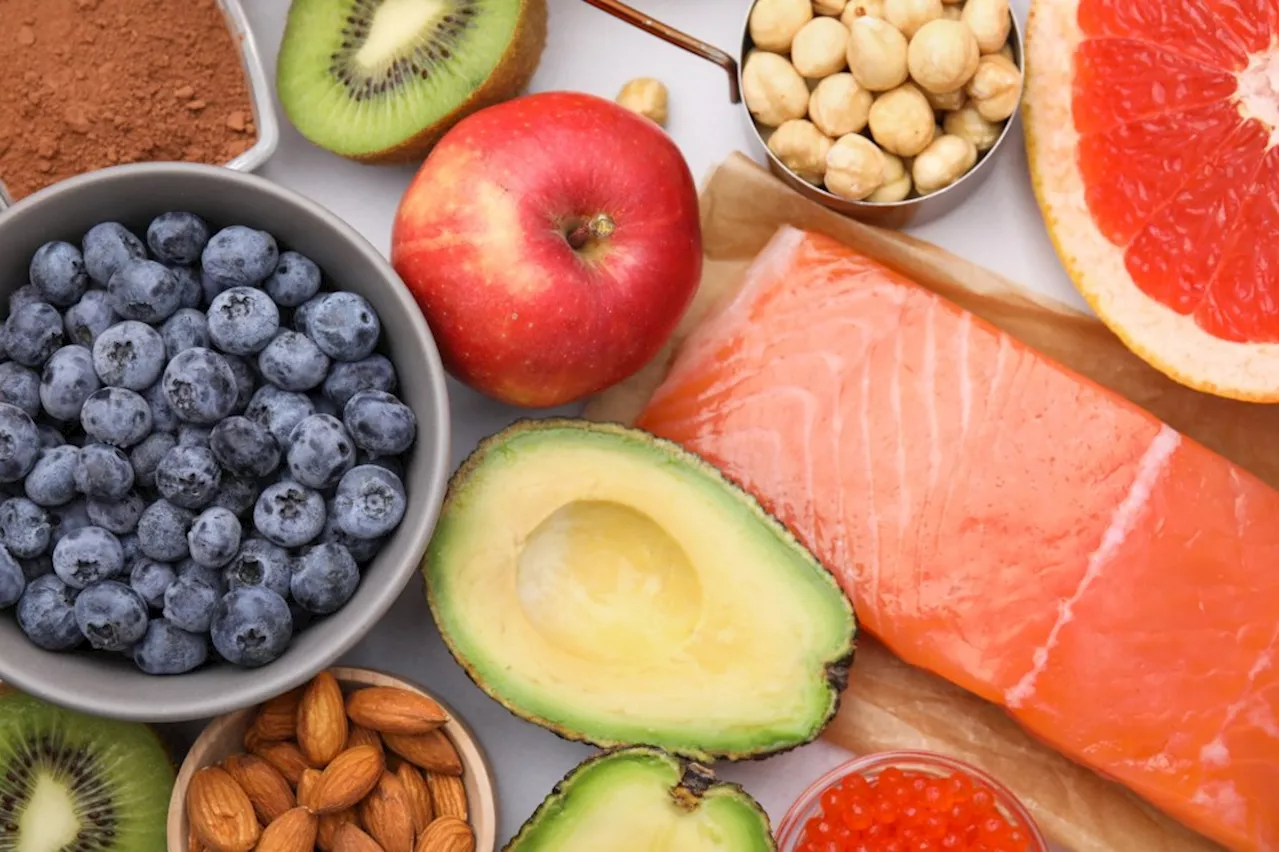As we age, our bodies undergo changes that necessitate adapting our eating habits. This article highlights detrimental eating habits to avoid in your 60s, emphasizing the importance of prebiotics, minimizing sugar, prioritizing omega-3s and plant sterols, ensuring adequate protein and hydration, and consuming sufficient fiber.
Whether you've just entered your 60s or have been there for a second already, you can likely feel your body undergoing many changes. And because of this, it's important to continue adapting healthy habits with food and exercise. While there are plenty of habits you can try that will help you in your health goals, there are also certain ones that can wreck your body as you age.
For instance, prebiotics, which nourish your gut bacteria are essential for maintaining gut health and hormonal balance as you age. Gut diversity naturally diminishes as we age, and this can negatively impact various aspects of health, including hormone regulation, metabolism, and overall well-being. Consuming foods rich in prebiotics, such as onions, garlic, cooked and then cooled potatoes and rice, jicma, uncooked oats, legumes and lentils, as well as nuts like cashews and pistachios, can support a diverse and thriving gut microbiome. Another crucial aspect is minimizing sugar intake. Sugar often sneaks into our diets more than we realize, hiding in sauces, dressings, and even packaged breads. Always review the ingredient list before purchasing and avoid products with sugar listed among the first few ingredients. Instead of focusing solely on what to eliminate, prioritize nutrient-rich foods that support organ function. As hormone levels change, it's essential to consciously include more omega-3 fatty acids for cardioprotection and foods with added plant sterols to help manage cholesterol levels.Wild-caught oily fish, algae-based foods, and to a lesser extent, plant-based hemp seeds, walnuts, and flax seeds can provide omega-3s. Fortified products with added omega-3s or plant sterols can further contribute to optimal cholesterol levels. Protein intake is vital at any age for maintaining muscle mass, strength, bone health, and weight management. However, it becomes even more crucial as we age, as individuals over 60 are more susceptible to muscle loss. Incorporate protein-rich foods like eggs, salmon, grass-fed beef, chicken, or turkey into your diet. Adding whey protein to coffee or oatmeal in the morning can be a convenient way to boost your protein intake. Staying hydrated is essential, but the sense of thirst may diminish with age, leading to dehydration. Make a conscious effort to drink enough water throughout the day. Furthermore, avoid eating late at night, as it's often associated with ultra-processed foods and can contribute to weight gain, blood sugar fluctuations, and diabetes. Finally, ensure adequate fiber intake. Fiber aids digestion, nourishes gut bacteria, improves nutrient absorption, reduces inflammation, and positively impacts mood. Include foods like berries, oatmeal, apples, beans, or chickpeas in your daily diet to meet your fiber needs.
HEALTHY HABITS AGING NUTRITION DIET PREBIOTICS PROTEIN HYDRATION FIBER OMEGA-3 CHOLESTEROL
United States Latest News, United States Headlines
Similar News:You can also read news stories similar to this one that we have collected from other news sources.
 Personality Traits Linked to Healthy Eating HabitsA study by Ioannis Tsartsapakis and Aglaia Zafeiroudi explored the connection between the Big Five personality traits and dietary choices. Their analysis of 21 studies revealed that each trait influenced food consumption and healthy eating habits. The study found that conscientiousness was associated with healthier choices, while openness was linked to consuming more fruits and vegetables. Extroversion showed a correlation with enjoying social meals, and agreeableness was linked to a preference for healthier options.
Personality Traits Linked to Healthy Eating HabitsA study by Ioannis Tsartsapakis and Aglaia Zafeiroudi explored the connection between the Big Five personality traits and dietary choices. Their analysis of 21 studies revealed that each trait influenced food consumption and healthy eating habits. The study found that conscientiousness was associated with healthier choices, while openness was linked to consuming more fruits and vegetables. Extroversion showed a correlation with enjoying social meals, and agreeableness was linked to a preference for healthier options.
Read more »
 To develop better eating habits, try a kitchen reorganizationHere’s how to organize your kitchen so that eating well becomes easier and more efficient.
To develop better eating habits, try a kitchen reorganizationHere’s how to organize your kitchen so that eating well becomes easier and more efficient.
Read more »
 Rude Habits Food Influencers Should Avoid, Say RestaurateursFor starters, cool it with the ring lights.
Rude Habits Food Influencers Should Avoid, Say RestaurateursFor starters, cool it with the ring lights.
Read more »
 Neurologists Reveal Health Habits to AvoidWe are sorry in advance.
Neurologists Reveal Health Habits to AvoidWe are sorry in advance.
Read more »
 Eating Disorders and Sleep: The Muddle of Quick FixesThis article explores the complex relationship between eating disorders and sleep, highlighting how unhealthy eating habits often create temporary solutions for sleep problems while exacerbating the overall situation.
Eating Disorders and Sleep: The Muddle of Quick FixesThis article explores the complex relationship between eating disorders and sleep, highlighting how unhealthy eating habits often create temporary solutions for sleep problems while exacerbating the overall situation.
Read more »
 Delayed Brain Maturation Linked to Eating Disorders in Young AdultsA new study reveals a connection between slower brain development and an increased risk of unhealthy eating habits and eating disorders in young adults.
Delayed Brain Maturation Linked to Eating Disorders in Young AdultsA new study reveals a connection between slower brain development and an increased risk of unhealthy eating habits and eating disorders in young adults.
Read more »
